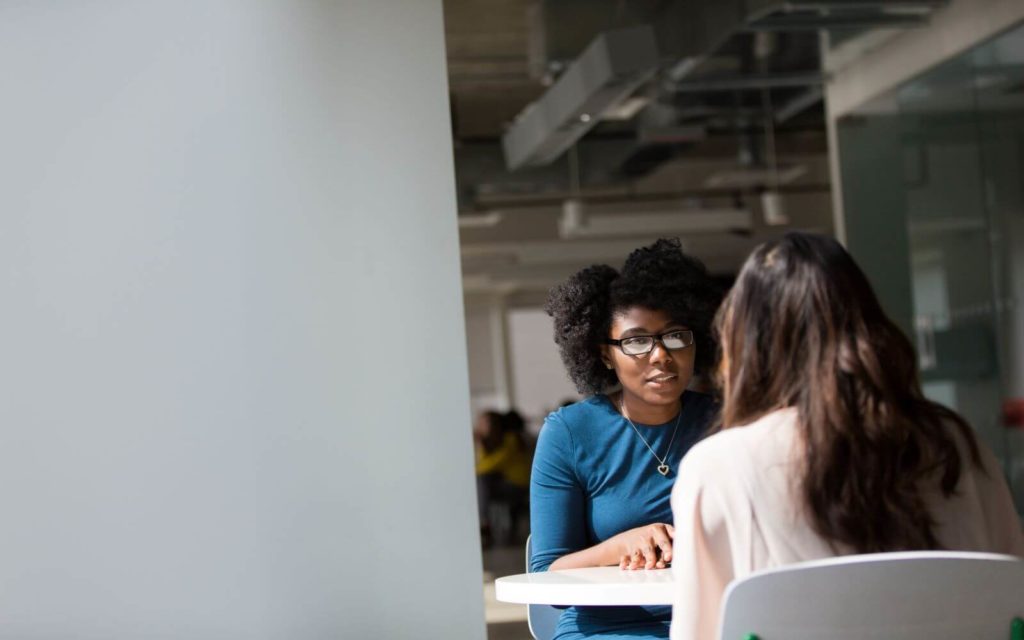
The Student Experience
I’ve been with SWACA for six weeks now, it’s my final placement as a social work student. Prior to arriving at SWACA, I thought I had quite a good understanding of what domestic abuse is and how it impacts on the lives it’s effects – no textbook or lecture thus far in my education has opened by eyes to the harsh realities of domestic abuse as my placement with SWACA.
Many people would be quick to call those that have been affected by domestic abuse ‘victims’, but here at SWACA, we call them ‘survivors.’ The women who engage with SWACA’s service have looked the horrors of domestic abuse, in its various guises directly in the face, it is here that their courage and determination shines in their pursuit of taking back control of their lives – and once these courageous women start fighting, they never stop.
A unique aspect of SWACA is how each woman’s experience is validated – they are never judged, instead they are offered support from a wide range of services and encouraged at every step of their recovery. Some of the service users have been repeatedly abused over many years by someone they loved someone they trusted, so it’s understandable they find it difficult to trust and sharing their inner feelings with others; but here at SWACA the experienced case workers are trained to build and maintain relationships based on honesty and transparency.
As a final year student, it’s been an invaluable experience to observe SWACA caseworkers, how they’re able to communicate with women of all ages and all backgrounds; seeing first hand their passion and determination for the work that they do and the women they support. For those that work here, it’s clear that it’s more than just a job, they want to make a difference and empower those survivors to live the best life they can, free of domestic abuse. The most amazing thing about being a student at SWACA is watching the women it supports slowly evolve and flourish to be able to take back control of their lives.
During my placement, I attended a weekly course, “The Mirror Project” which aims to support and educate women on domestic abuse and encourage them to recognise both healthy and unhealthy relationships. I’ve witnessed first-hand how women have benefited from this course, how they have been able to vocalise their achievements and highlight the positive steps they had taken to improve their lives. It’s so important to educate women on what healthy relationship should look like, it provides them with the power to make better choices in their life.
The reality of domestic abuse is more widespread and common than many people wish to believe. It’s also apparent that there is a server lack of understanding that domestic abuse goes beyond domestic violence, which is why it’s crucial we better educate girls and women about all aspects of domestic abuse.
It’s always evident at SWACA, that each woman is treated as an individual and not generalised – as this may invalidate her own personal experiences and lead to them no longer engaging with the service and other professionals. As a student, I’ve been given insight into the real-world experiences of survivors and those people that work to offer support to them – sometimes there are quick fixes to some aspect of domestic abuse, like providing a safe place to stay, but what I’ve learned is that the road to recovery is often a slow one that takes time and cannot be rushed.
I’m keen to continue learning about domestic abuse, the impact of it and how women find the strength to continue to fight during their lowest moments. SWACA is an amazing organisation and I’m so privileged to have spent my placement being part of the brilliant team.

